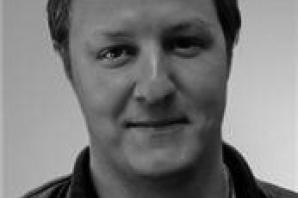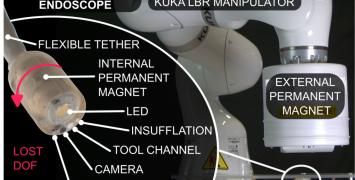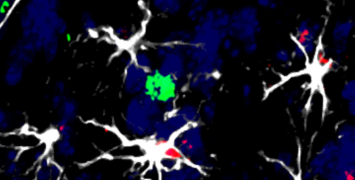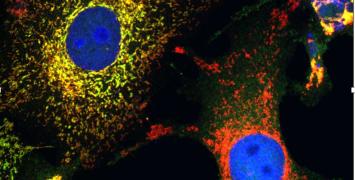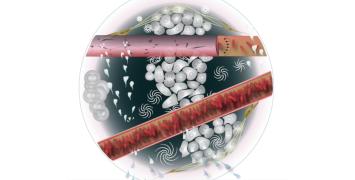Researchers discover how genetic mutations rewire cancer cells
An international team of researchers, led by ERC grantee Prof Rune Linding, discovered how genetic cancer mutations attack the networks controlling human cells. This knowledge is critical for the future development of personalized precision cancer treatments.

The human genome was decoded more than a decade ago. Since then scientists have been successful at identifying genetic mutations in individual patients and tumours. However, using this knowledge to develop improved cancer therapies was hampered because researchers were not able to link the mutations in genes to their corresponding proteins, the targets of most pharmaceutical drugs.
ERC grantee and lead researcher Prof. Rune Linding from the Biotech Research and Innovation Centre (BRIC) at the University of Copenhagen (UCPH), together with researchers from the universities of Yale, Zurich, Rome and Tottori, unravelled how disease mutations in genes damage kinases, the enzymes which are key to protein signalling networks within human cells.
In two studies, published back-to-back in CELL journal on 17 September, scientists demonstrate that kinases, affected by genetic cancer mutations, can drift in their fidelity and thereby disturb other proteins driving normal cells to a more cancerous state. The team has also developed new software that helps interpret the data from genetic sequencing and translate the effects of cancer mutations on the function of proteins in individual patients.
“The identification of distinct changes within our tissues that help predict and treat cancer is a major step forward and we are confident it can aid in the development of novel therapies and screening techniques,” said Prof Linding.
It is becoming increasingly apparent that the genetic basis for each tumour is subtly different. This realization has led to healthcare centres spending millions of dollars sequencing individual patients and their tumours with the aim of using this patient specific information to develop tailored, personalized therapies, with much greater efficacy. The novel tools described in these studies may provide much needed assistance to clinicians and researchers worldwide in interpreting this data.
More about The Linding Lab

